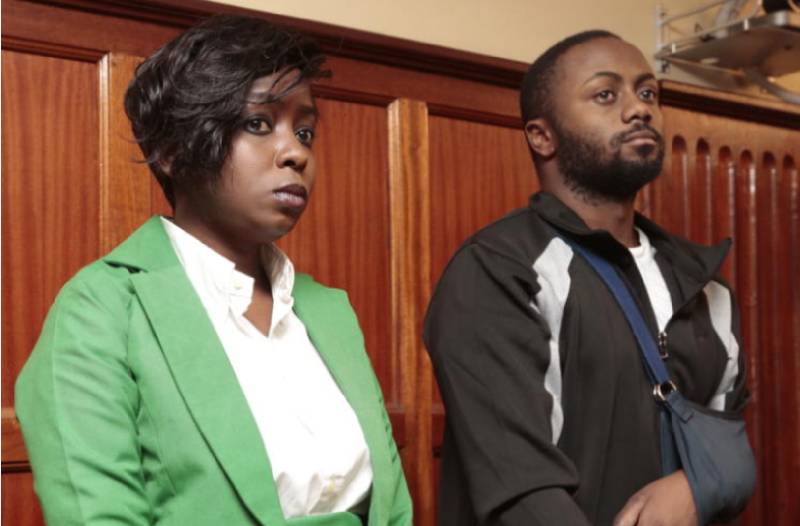In an unforeseen turn of events, the High Court has postponed the judgment in the Monica Kimani murder case after former Citizen TV anchor Jacque Maribe, a key defendant, cited illness and failed to appear in court.
Lady Justice Grace Nzioka emphasized the importance of all involved parties being physically present in court to maintain the integrity of the judicial process. Consequently, she rescheduled the judgment to Friday, March 15, 2024.
Explaining the decision, Justice Nzioka stated, "There's no provision for virtual today, and if you tell me you're unwell, I don't know where you are. The integrity of the court proceedings must be observed. I would rather have an open court appearance."
Considering her schedule, Justice Nzioka noted, "I have taken time off the course from February 8 to March 8, 2024, to write judgments. I am willing to say that all parties are to be available for March 15, 2024. I will need adequate time to deliver this judgment."
Previously, the High Court had ordered Maribe to appear in court before ruling on the murder case. This directive came after the first accused, Joseph Irungu alias Jowie, appeared in court.
Maribe claimed to be on her way to the hospital due to illness, but Justice Nzioka expressed skepticism, viewing it as a potential decoy and delay tactic by the defense.
Justice Nzioka is set to determine the guilt or innocence of Maribe and Irungu before scheduling the issuance of her final verdict. Last month, the judge postponed the ruling, citing a limited preparation time due to receiving exhibits shortly before the scheduled judgment.
Since the murder of Monica Kimani in September 2018, the case has garnered widespread attention, with calls for justice from both the victim's family and the accused.
In previous proceedings, the prosecution presented over 44 witnesses after charging the duo with Kimani's murder on October 15, 2018. The prosecution argued that Maribe and Irungu had a common intention to eliminate the victim, citing blood samples and phone records as evidence.
However, defense lawyers, led by Professor Hassan Nandwa and Katwa Kigen, contested the prosecution's reliance on circumstantial evidence. They argued that no witness implicated Maribe directly in the crime, and there was no concrete evidence linking her to the murder. Nandwa further claimed that the prosecutor used a false theory to establish an ulterior motive for Jowie's alleged involvement in the crime.

